Social Media, Power and Democracy

The Embassy of Denmark, Indonesia, Ørecomm and Roskilde University invite you to a seminar on Social Media, Power and Democracy at Roskilde University 14 September 2015. The seminar will cover the overall theme by a discussion of the report “Building democracy with 140 characters: a case of Indonesia”, edited by Lukas Luwarso and published by The Embassy of Denmark, Indonesia.
For the first time in the history of Indonesian presidential elections, 2014 gave hope for a more inclusive debate where social media triggers and leads a social change.
The election of 2014 could be called a digital one. Its outstanding feature was the high participation of first-time voters – a millennial generation that weds democracy with technology. At the end of 2014, the number of Internet users in Indonesia was over 88 million thus around 35% of the total population. Facebook alone has around 69 million users making it the fourth largest Facebook state after the US, India and Brazil. Indonesia has also been dubbed as a Twitter capital, referring to the many accounts with the most active twits.
The case of social media usage in the presidential election in Indonesia was thoroughly studied by Indonesia’s Press Council in cooperation with a research organization Indonesia Indicator and supported by the Danish Embassy in Indonesia. There were four variables taken into consideration: Declaration of Support; Presidential Candidate Debate; Vision and Mission; and Black Campaign.
A dialogue?
It was particularly interesting to see that a major competition took place between two candidates, Jokowi and Prabowo thus making social media a ground for winning hearts and minds of supporters by all means. Dozens of activists who called themselves “volunteers” engaged actively in online discussions thus setting information “wars” between the two camps. Also, the fact that prominent public figures declared their support via Twitter created a snowball effect consequently reaching more and more people. The study indicates that the high number of tweets and media coverage ensured by pro-Jokowi volunteers could be one of the focal factors for his victory. In addition, there is one more interesting trend observed by the researchers: Twitter communities of two camps ignored rather than engaged with each other. They used different sources of information and different hashtags thus it is highly doubtful whether one could call it a reciprocal communication or a “dialogue”.
Quoting Jürgen Habermas, “Historically, there is strong evidence that technologies have usually been shaped and used by those in power to maintain their positions of power.” Therefore regardless of all good qualities social media is touted for, the study showed that is was actively used for black campaigning. The top 20 Twitter users twitting in the presidential election were non-individual accounts. For instance, one of such accounts is Ponorogo Idol that produced over 56 thousand tweets within 8 weeks in summer 2014. Any Twitter account with such a high productivity could be considered to be a hired bot or a cyber troop that generated content promoting a certain candidate. Efforts to build democracy with 140 symbols of a Twitter text proved to be a complex affair. Such a limitation could block expression and exchange of ideas. Moreover, it could also be misused to create opinions and promote particular policies.
Potential of an aspiration channel
These issues make us think whether social media could serve as a tool for building a stronger civil society and more democratic states. Was Twitter a trendsetter in Indonesian elections 2014? Could it change perceptions on certain policies? Yes. Could it change agenda? According to the study, it is doubtful. Nevertheless, such movements as #Save KPK and Coins for Prita showed that social media could be an aspiration channel that is more trustworthy for people than official institutions. Furthermore, this election inspired creation of the union Election Watch (KawalPemilu.org), which is an unprecedented case in the history of elections in Indonesia.
Would you like to know more about the role of social media in the presidential election in Indonesia? Join our seminar on 14 September 2015 at Roskilde University where we will discuss how social media could shape democracy in Indonesia and beyond. Ørecomm is pleased to host Professor, John Postill from Australia who will participate in a panel discussion on the case. Casper Klynge, Ambassador of Denmark to Indonesia will participate online and answer questions over Twitter. See the full programme and register for the seminar here.
Images via Flickr; Report “Democratic Dialogue in 140 Characters”


 New PhD opportunities at the University of Leicester
New PhD opportunities at the University of Leicester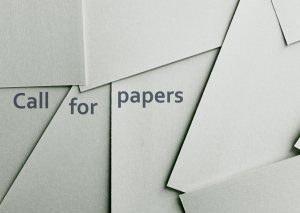 Call for Abstracts: New Directions in Media, Communication and Sociology (NDiMS) Conference
Call for Abstracts: New Directions in Media, Communication and Sociology (NDiMS) Conference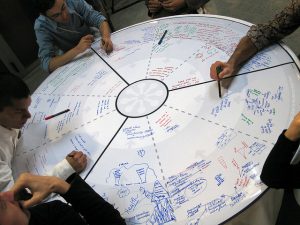 Ørecomm Team to Gather at the University of Coimbra
Ørecomm Team to Gather at the University of Coimbra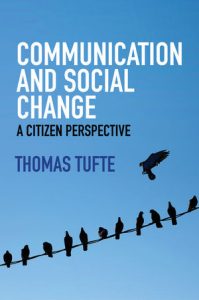 “Communication and Social Change – A Citizen Perspective” Published
“Communication and Social Change – A Citizen Perspective” Published C4D Network to Sum Up Global Communication for Development Practice
C4D Network to Sum Up Global Communication for Development Practice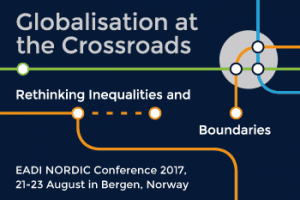 Entering Media and Communication into Development Conferences?
Entering Media and Communication into Development Conferences?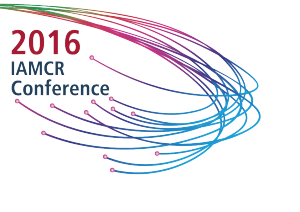 IAMCR Conference 2016: Communication for Development Highlights
IAMCR Conference 2016: Communication for Development Highlights Glocal Classroom Revisited – Storytelling & Social Change Leicester-Malmö
Glocal Classroom Revisited – Storytelling & Social Change Leicester-Malmö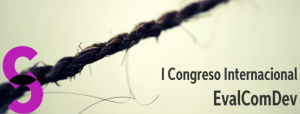 I EvalComDev International Conference: Call for Papers
I EvalComDev International Conference: Call for Papers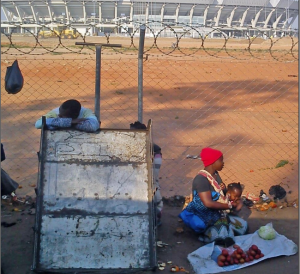 Looking for Media and Communication in Development Conferences: Devres 2016
Looking for Media and Communication in Development Conferences: Devres 2016